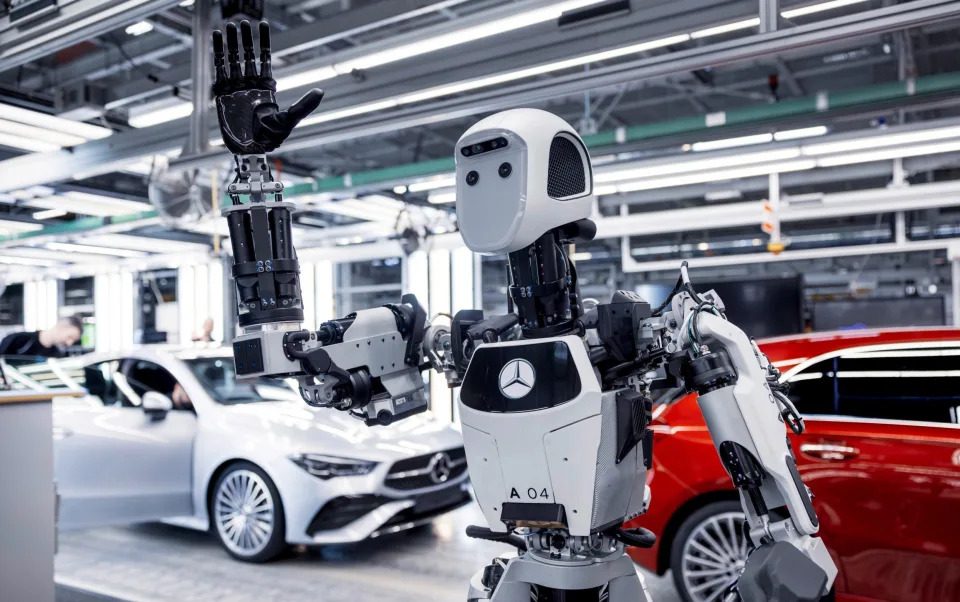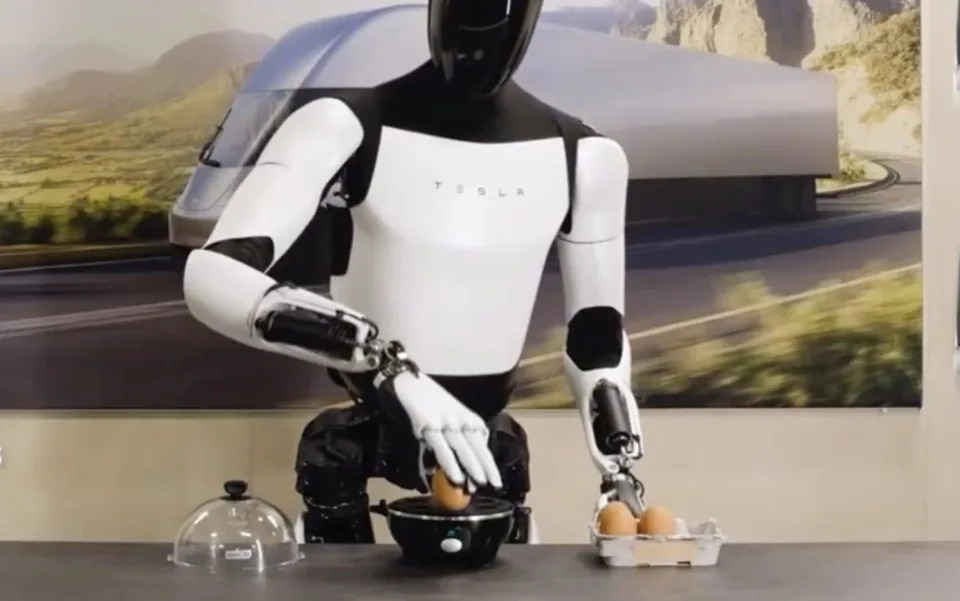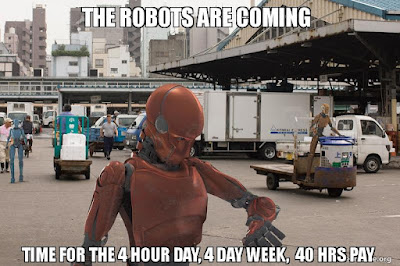Matt Oliver
Fri, 15 March 2024

Each one can lift weights of up to 55 pounds and is designed to operate alongside human colleagues - Mercedes-Benz
Mercedes has installed humanlike robots in one of its factories as part of a trial to offload more physically demanding and repetitive tasks to indefatigable machines.
The “Apollo” robots, made by Texas-based start-up Apptronik, are roughly the size of a typical factory worker at 5ft 8 inches and weigh 160lbs. Each one can lift weights of up to 55 pounds and is designed to operate alongside human colleagues.
So far, the machines are being used to bring parts to the production line for workers, who then take care of assembly. In future they could also be used to inspect components as well.
The trial, first reported by the Financial Times, is part of efforts to automate “some physically demanding, repetitive and dull tasks for which it is increasingly hard to find reliable workers”, Mercedes said.
Jörg Burzer, a board member at Mercedes-Benz Group, said: “To build the most desirable cars, we continually evolve automotive production: Advancements in robotics and AI open up new opportunities also for us.
“We are exploring new ways robotics can support our skilled workforce in manufacturing.
“This is a new frontier and we want to understand the potential both for robotics and automotive production.”
Jeff Cardenas, co-founder and chief executive of Apptronik, said the trial setup was “a dream scenario”.
He added: “Mercedes plans to use robotics and Apollo for automating some low-skill, physically challenging, manual labour – a model use case which we’ll see other organisations replicate in the months and years to come.”

Tesla has been demonstrating its own robots that can pick up eggs without breaking them - Tesla
Fellow German carmaker BMW said it was also poised to deploy similar machines in January, after joining forces with California-based Figure.
Figure’s machines are similarly designed and take breaks every five hours to walk themselves to charging stations.
Rival carmaker Tesla, which is run by billionaire Elon Musk, has been demonstrating its own “Optimus” robots that can squat without falling over and pick up an egg without breaking it.
In a video released in December, Tesla showed off a machine that it said could walk 30pc faster than previous iterations. The robot also weighed 10 kilograms less, and boasted improved balance and hand movements.
Human-shaped robots are seen as useful for factory spaces because they are the right size to navigate spaces designed for humans.
So far, none are as quick and dexterous as human beings, however, meaning that the time when they can fully replace their fleshy overlords remains some time away.

US tech giant Amazon is testing robots that can grab and move items with their hands - JASON REDMOND/AFP
In the meantime, companies including Amazon and Ocado have already begun to revolutionise industrial work with other types of robots that work in separate spaces to humans.
These are often deployed in fenced-off areas of warehouses – where human workers do not typically venture – to quickly and efficiently sort goods.
For example, Amazon’s “Sequoia” robots – which look similar to large robot vacuum cleaners – can scoot around warehouse floors carrying large shelves of goods on top of them, picking out items needed by human staff who then package them up for delivery.
More recently, the US tech giant has also been testing more humanoid robots, made by the company Agility Robotics.
These can grab and move items with their hands and are being used for collecting plastic boxes left behind after human employees have emptied them of items.

No comments:
Post a Comment